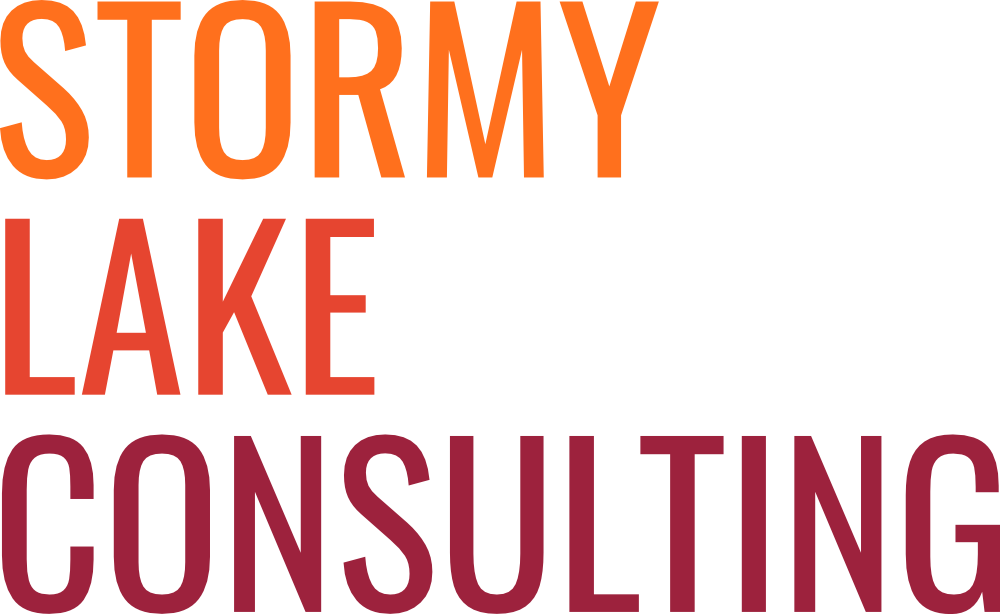The Weekly Update: Time Flies Edition
What happened to January? Where did it go? It’s not like we did anything. You’d think that time would pass more slowly, but it didn’t.
We got to wondering what was going on. This article from the BBC sheds some light on the subject.
Our own experience of time is subjective and doesn’t always match up with what we read on the clock or the calendar. A 20-minute lunch with a friend goes by in a flash, while a 20-minute wait for the cheque in a restaurant can feel interminable, yet the duration is identical.
We estimate time passing in two ways: prospectively (how fast is time passing right now?) and retrospectively (how fast did last week or the last decade go by?).
During lockdown, we’ve been isolated from friends, family and work and have had long days to fill. Inevitably when we spend every day and every evening at home, the days begin to feel a little similar. Some people have found they haven’t even been distinguishing between weekdays and weekends.
This blurring of identical days leads us to create fewer new memories, which is crucial to our sense of time. Memories are one of the ways that we judge how much time has passed. Fewer new memories leads to time feeling like it’s passing faster.
In normal times we often daydream about the future, but with less to anticipate or arrange, our time horizon has shortened. Now we might only look ahead by a few days or alternatively into the far, far distant future when we imagine this might all be over.
(This is very relevant to our daily work. We’ve conducted strategic planning sessions for nearly two decades and something has been different in the past year. While people are able to plan for COVID, they find it very difficult to plan more than a year into the future.)
When we reach that future and look back on the time of coronavirus, we might find it hard to delineate different parts of our months in lockdown. We may remember where we were when we heard that the virus had reached our province or that lockdown had been announced. Or re-announced. Or eased and then announced again. (And so on ad nauseum.)
Even if the days feels slow, when you get to the end of lockdown and look back, retrospectively estimating how much time has passed, you will have made fewer new memories than usual and time will seem to have disappeared.
It’s kind of like the Rip Van Winkle effect without the “ne-er do well” factor, hallucinogenic Dutch liquor (Jenever?), hipster beard and not voting for the sitting president. Well thankfully it’s exactly like the last.
Roughly half of us see the future as something which comes towards us, while we stay still, while the other half see ourselves as moving forward into the future.
You can find out who fits into which group with this simple question: “Next Wednesday’s meeting has been moved forward two days. What day is Wednesday’s meeting now?” The question has two possible answers, neither of which is any more correct than the other. Those who see themselves as static, with the future moving towards them tend to give Monday as the answer, but those who see themselves as moving into the future tend to answer Friday. Check it out here.
In either case, when this comes up at home, there is only one possible answer and it’s not mine.* (*In fact, me not having the correct answer can be generalized across a wide range of home things.)
Holidays can create strong memories. Canada has the 3rd most paid holidays in the world and Family Day falls almost exactly in the middle of the holiday wasteland between New Year’s and Easter. Unless you count Super Bowl Sunday as a holiday and it is another thing that seems to last forever.
The average length of a game is 3½ hours, plus the massively over-produced ads (which will be far less interesting this year). Other things that take 3½ hours include:
The talk-time battery life on your AirPods.
The time for THC to reach peak levels in your blood stream.
The time it takes the average 5-years old to finish their Brussel sprouts (clearly served without bacon).
The amount of time it takes to write a high-quality weekly update.
The time it takes to pronounce the longest word in the English language.
If you want to hear the longest word, click on the viral video found on YouTube of a guy pronouncing it. Warning: the “word” does take about 3.5 hours to say.
The word is the name of a giant protein called Titin and is 189,819 letters long. Proteins are usually named by mashing-up the names of the chemicals making them. And since Titin is the largest protein ever discovered, its name had to be equally as large. For context, 189,819 letters is about 42.5 times the length of this letter. In one word.
During the 3½ hours of Super Bowlage (and THC peakage), we tend to eat celebratory foods:
So whether you worship the gods of football or not, do something different this Sunday involving junk food and create a memory that can help slow down time – in a good way. Burn the Canada Health Food Guidelines in the fireplace, eat a meal that consists only of junk food and watch the game, or its complete opposite – Kitten Bowl VIII on W channel (right after Hallmark’s Matching Hearts) and slow down time in a good way.
I hope reading this update was a mini-memory in your day. Or at least gave you some snack food ideas.
Stay safe. Drink lots of water.


